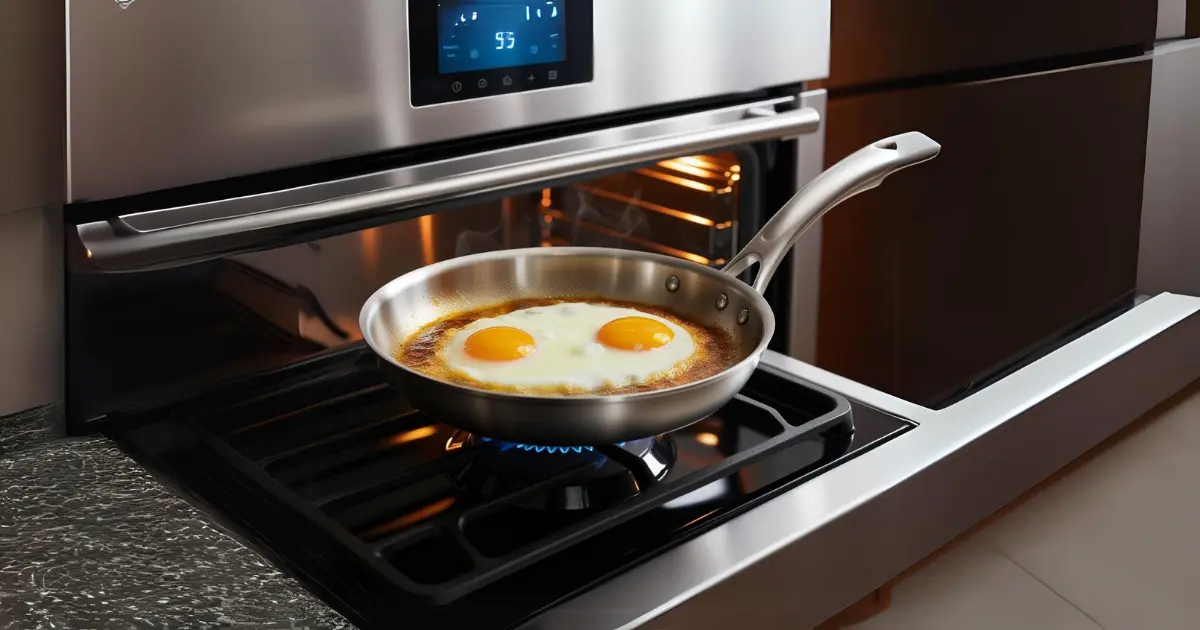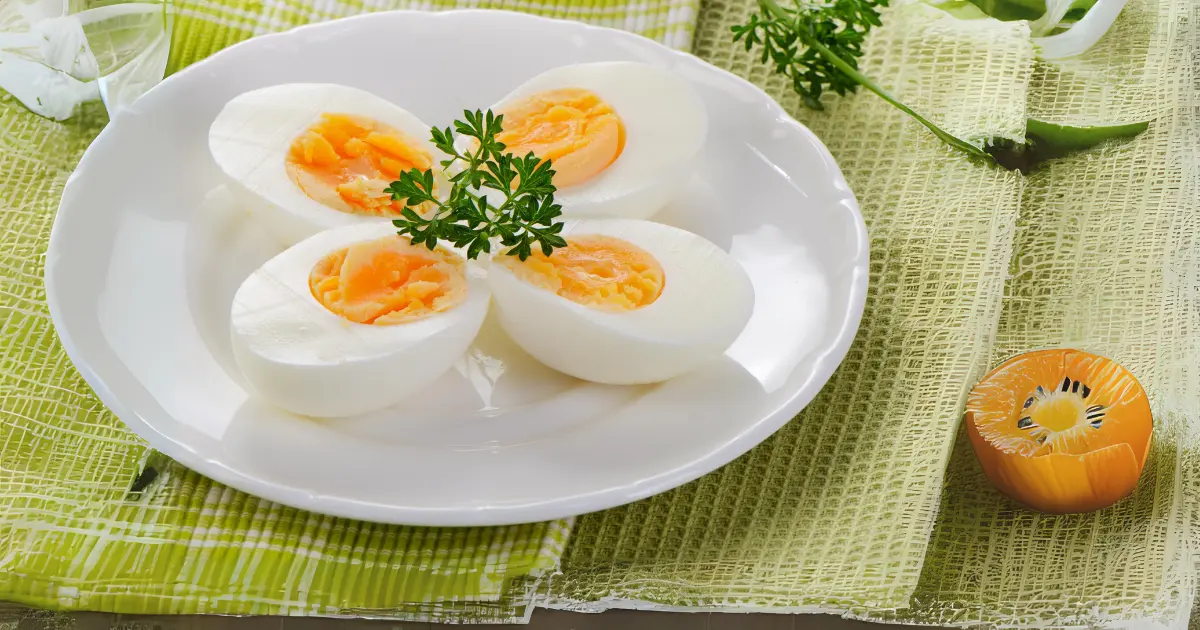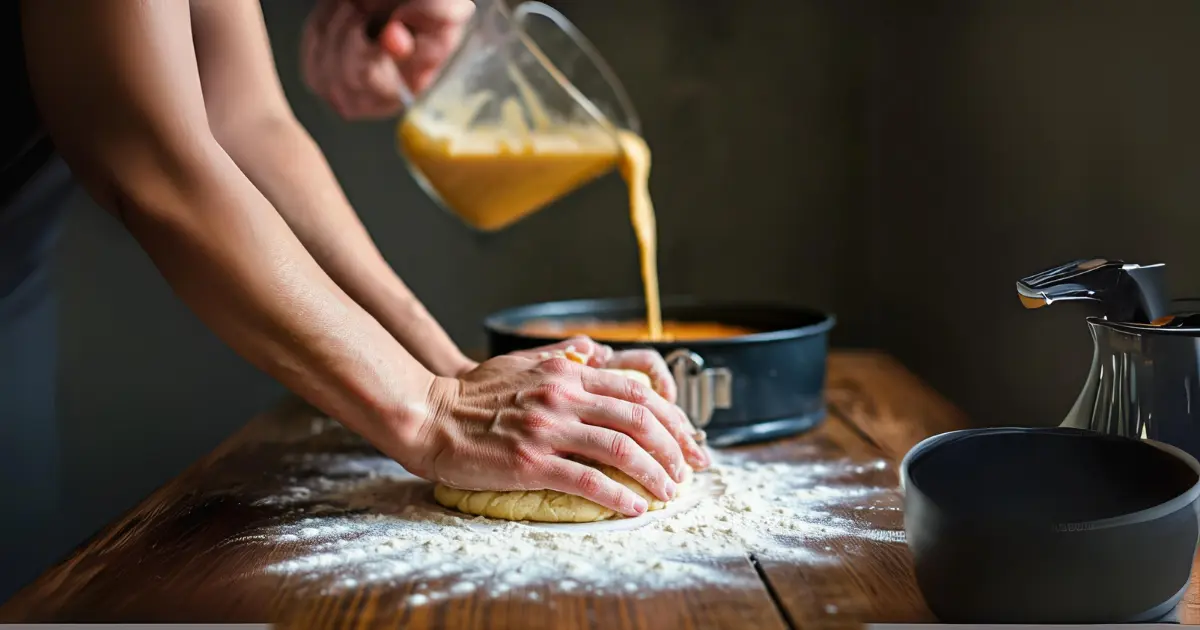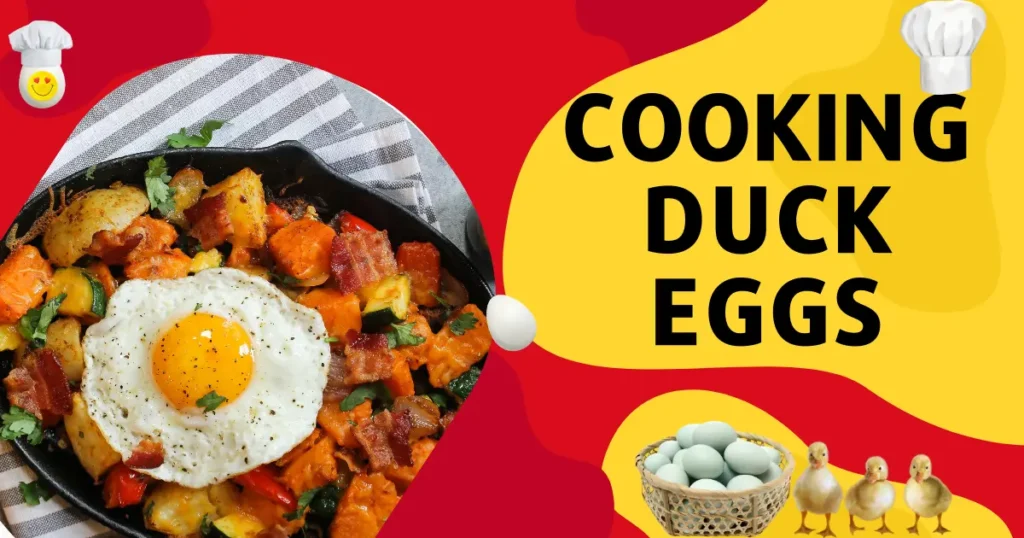Cooking duck eggs are similar to chicken eggs, but they have a richer taste and creamier texture, perfect for frying, baking, and boiling. Duck eggs have become a popular alternative to chicken eggs, especially among food enthusiasts. Their larger size, thicker shell, and intense flavor make them stand out in many recipes. In this guide, you’ll learn the best ways to cook duck eggs and how they compare to chicken eggs in different culinary uses.
How to Fry Duck Eggs

Frying duck eggs is one of the simplest methods to enjoy their rich yolks. To fry a duck egg, heat oil or butter in a pan over medium heat. Crack the egg, taking care due to its thicker shell, and cook it as you would a chicken egg. Duck eggs take slightly longer due to their size, and the yolk tends to be creamier and more flavorful.
Key Tips:
- Cook over medium heat to avoid overcooking the whites.
- Season lightly with salt and pepper for the best taste.
For more check the article below:
Boiling Duck Eggs for Perfect Consistency

Boiling duck eggs follows the same process as chicken eggs but with slight timing adjustments. Due to their size, duck eggs need about 9 to 12 minutes for a hard-boiled consistency. For soft-boiling, 6 to 7 minutes is enough.
Cooking Times:
- Soft-Boiled: 6–7 minutes.
- Hard-Boiled: 9–12 minutes.
After boiling, immediately place the eggs in an ice bath to stop the cooking process and make peeling easier.
Baking with Duck Eggs: Why They’re Ideal

Duck eggs have a higher fat content, making them excellent for baking. The richness of the yolk adds moisture and density to baked goods, resulting in a fluffier texture and deeper flavor. Use them in cakes, cookies, or quiches for a delicious upgrade.
Key Benefits:
- Richer Flavor: Duck eggs provide a buttery taste.
- Fluffier Bakes: Higher fat content enhances the texture.
To learn more about the recipes of the farm fresh duck eggs, check the below article:
Scrambling Duck Eggs: A Creamier Option
Scrambling duck eggs results in a thicker and creamier texture compared to chicken eggs. Whisk the eggs with a splash of milk or cream before cooking them over medium heat, stirring frequently for a soft and creamy finish.
Duck Eggs vs. Chicken Eggs
| Aspect | Duck Eggs | Chicken Eggs |
| Size | Larger (50-70g) | Smaller (45-55g) |
| Taste | Rich, creamy, stronger flavor | Mild, neutral flavor |
| Yolk | Larger, darker, richer | Smaller, lighter |
| Fat Content | Higher | Lower |
| Best Uses | Baking, frying, boiling | Scrambling, frying, boiling |
How to Peel Hard-Boiled Duck Eggs
Peeling hard-boiled duck eggs can be tricky due to their thicker shells. The best approach is to boil the eggs and immediately transfer them to an ice bath for at least 5 minutes. After cooling, carefully crack the shell and peel under running water. The ice bath helps loosen the membrane, making the shell easier to remove.
Cooking duck eggs is a versatile and rewarding experience for any kitchen. Whether fried, scrambled, or baked, their rich flavor and creamy texture make them a fantastic addition to both sweet and savory dishes. Enjoy experimenting with duck eggs and discover new culinary possibilities.
References and External Sources:
https://fdc.nal.usda.gov/fdc-app.html#/food-details/1100207/nutrients



